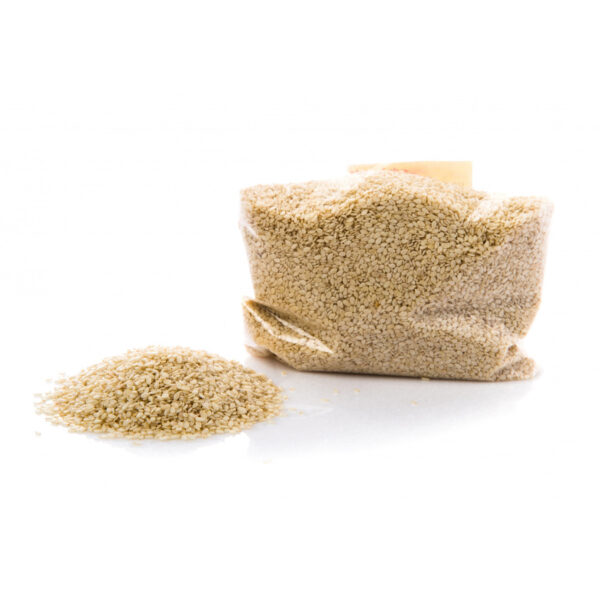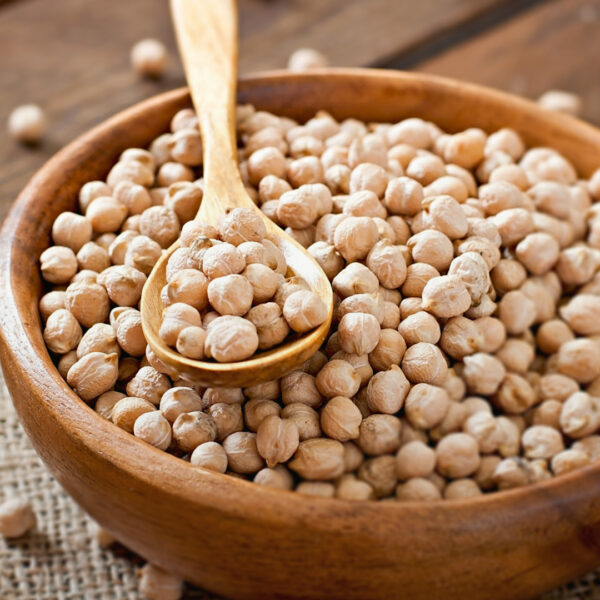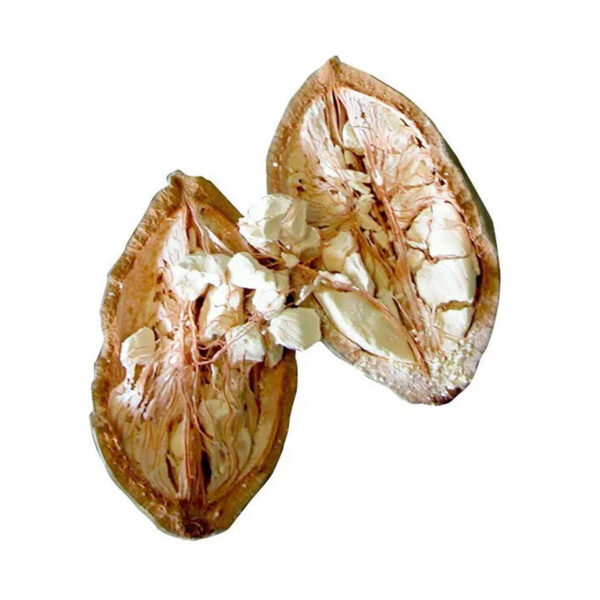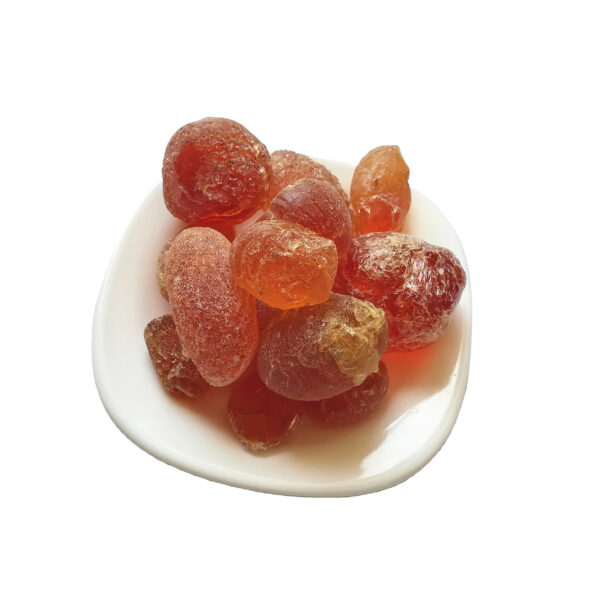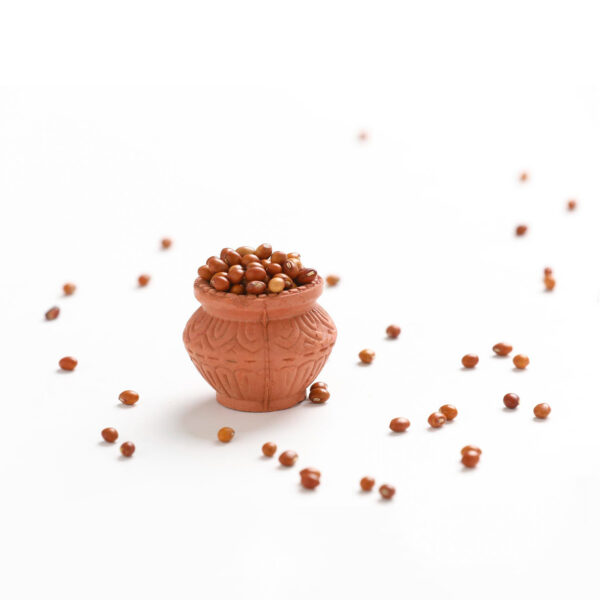WHAT IS HIBISCUS?
Roselle (Hibiscus sabdariffa) also be known as carcade (karkade), Jamaican Flower, is a minor cash crop in Sudan considered as a natural herbal product, traditionally consumed as a flavored drink. It has a tart, cranberry-like flavour, and sugar is often added to sweeten it.
Hibiscus tea was a beverage of choice for Egyptian pharaohs in ancient Egypt. In fact, many cultures, including those in the Caribbean, Mexico, China, Africa and Europe, cultivated and used hibiscus tea, not just for its flavor but for its medicinal properties.
It is the fourth most valuable export crop after sesame, cotton and gum Arabic. Hibiscus farming is concentrated in Kordofan, and on a lesser scale in Darfur and Blue Nile.
The flower is 100% organic grown in Sudan, and also the world’s best Roselle comes from the Sudan (*)

SOURCE OF
HIBISCUS
China and Thailand are the largest producers and control much of the world supply.
China’s product, with less stringent quality control practices, is less reliable and reputable
The world’s best Roselle comes from the Sudan, but the quantity is low..
Need a quote?
GENERAL USES
High in vitamin C, minerals and antioxidants, hibiscus tea has been recognized in both early tradition and modern science as a remedy to calm nervous disorders, treat insomnia, moderate heart problems, decrease inflammation and speed up your metabolism. Pulp from the leaves has been used to make poultices for wounds.
Decrease inflammation problems
Studies show hibiscus can lower blood pressure, fight obesity, improve immunity, decrease inflammation problems and even reduce the risk of stroke, heart attack and cancer.
Roselle sauce
Roselle sauce or syrup may be added to puddings, cake frosting, gelatins and salad dressings, also poured over gingerbread, pancakes, waffles or ice cream.
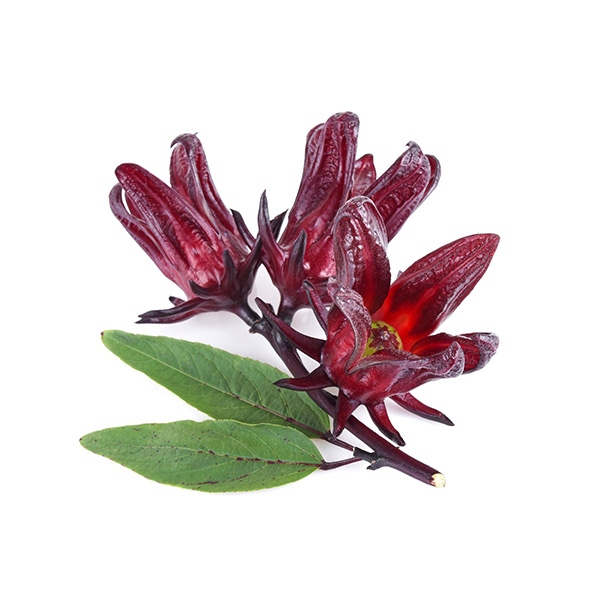
Used as a tea
Apply the highest standards and specifications

